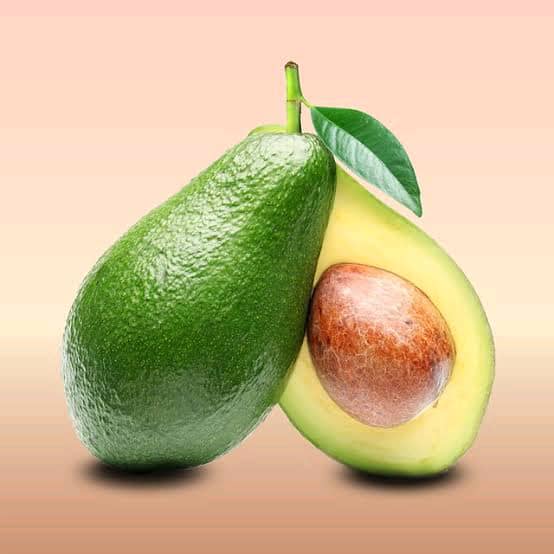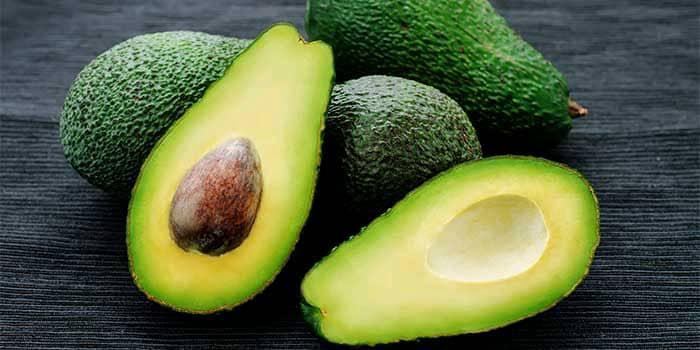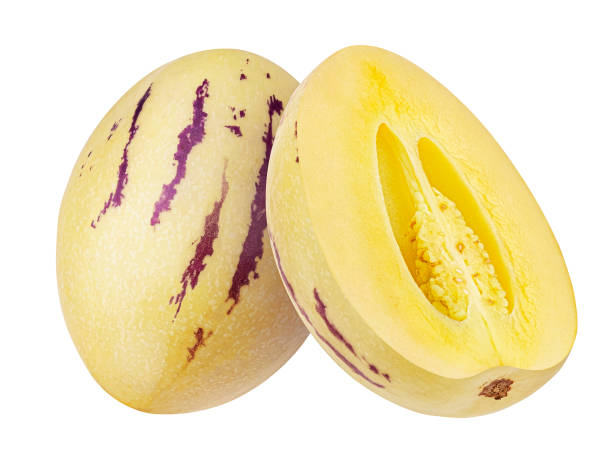In the realm of fruits, the avocado stands as a unique and creamy gem, admired not only for its rich taste and smooth texture but also celebrated for its exceptional nutritional density. Packed with an array of healthy fats, vitamins, and minerals, the avocado transforms from mere culinary delight to a nutrient elixir that supports various aspects of well-being.
At the heart of the avocado’s nutritional prowess is its high content of monounsaturated fats, specifically oleic acid. This heart-healthy fat, also found in olive oil, contributes to lowering bad cholesterol levels while promoting the increase of good cholesterol. The creamy texture of avocado arises from these healthy fats, offering a satisfying indulgence while aligning with the principles of a balanced and heart-healthy diet.

Fiber, an essential component for digestive health, is abundant in avocados. With approximately 13 grams of fiber in a medium-sized avocado, this nutrient supports regular bowel movements, aids in preventing constipation, and contributes to a feeling of fullness. Avocado’s fiber content adds not only to its nutritional value but also to its role in promoting gastrointestinal well-being.
Avocado is a rich source of potassium, a mineral vital for heart health. Potassium helps regulate blood pressure, supports muscle and nerve function, and contributes to overall cardiovascular well-being. The harmonious balance of healthy fats and potassium in avocados positions them as a heart-friendly fruit that aligns with dietary recommendations for maintaining cardiovascular health.
Vitamins are abundant in avocados, with vitamin K, vitamin E, vitamin C, and various B-vitamins present in notable quantities. Vitamin K is crucial for blood clotting and bone health, while vitamin E acts as a powerful antioxidant, protecting cells from oxidative stress. Vitamin C supports the immune system, and the B-vitamins play a role in energy metabolism, neurological function, and the formation of red blood cells.

The unique combination of nutrients in avocados, including lutein and zeaxanthin, contributes to eye health. These carotenoids are essential for maintaining healthy vision and have been associated with a reduced risk of age-related macular degeneration.
Avocado’s natural sugars are accompanied by a low carbohydrate content, making it suitable for various dietary preferences, including low-carb and ketogenic diets. This characteristic, combined with the fruit’s satiating fats, positions avocados as a versatile and satisfying ingredient for those seeking nutrient-dense and flavorful options.
In conclusion, the avocado, with its luscious texture and versatile applications, transcends its role as a culinary delicacy to emerge as a nutrient-rich elixir. From heart-healthy fats to fiber, vitamins, and minerals, avocados offer a comprehensive package of nutrients that support various aspects of well-being. As we scoop into this creamy green delight, we are not just enjoying a fruit; we are partaking in a nutritional experience that nourishes both body and taste buds.



